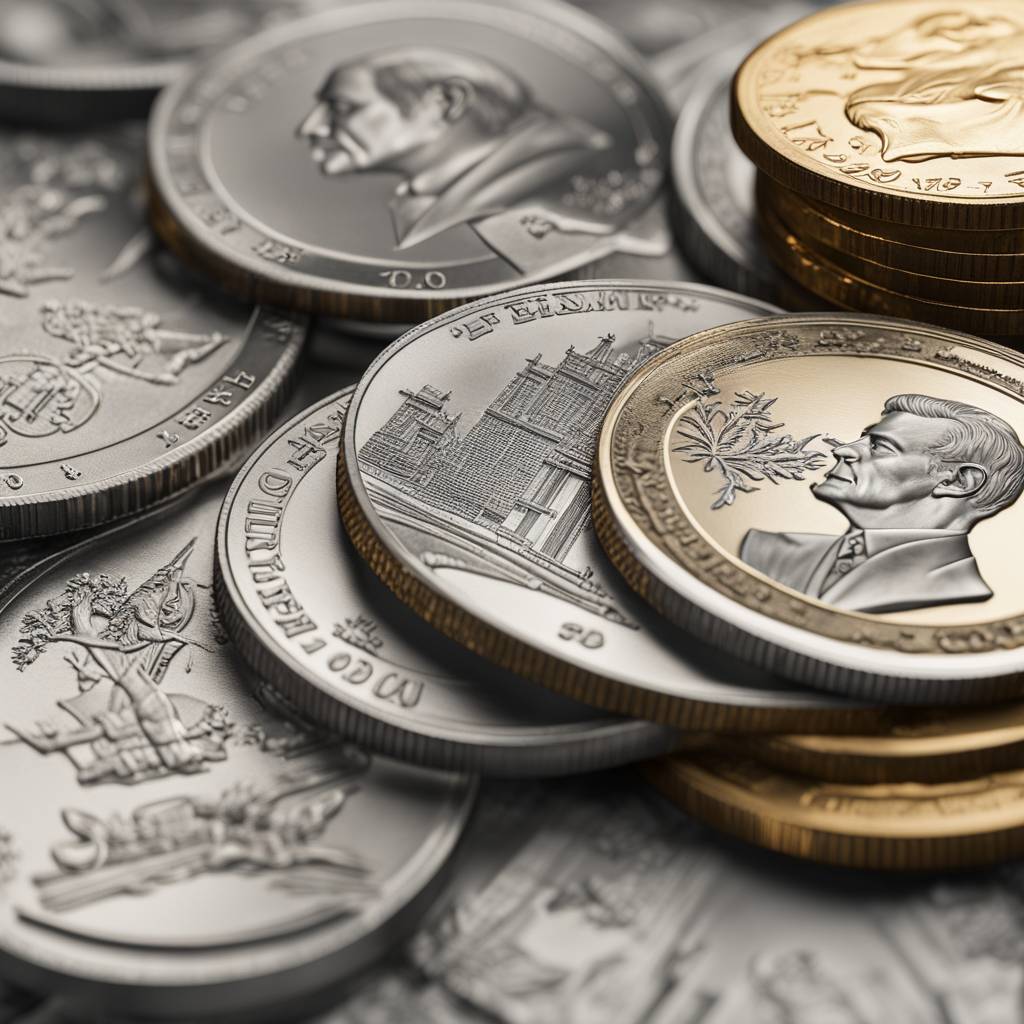The U.K. saw a slight increase in gross domestic product (GDP) of 0.1% in February, according to the Office for National Statistics. The month-on-month figure was in line with expectations, while on an annual basis, GDP was 0.2% lower. Previously, the U.K. had experienced economic contraction in the third and fourth quarters of 2023, resulting in a technical recession. However, January saw a slight growth of 0.3%, which was revised upward on Friday. Construction output decreased by 1.9% in February, with production output being the main contributor to the GDP increase of 1.1%. The services sector, which plays a dominant role in the U.K. economy, saw slower growth at 0.1% compared to the previous month’s 0.3%.
According to Paul Dales, chief U.K. economist at Capital Economics, these figures suggest that the recession has likely ended, with signs of a better economic recovery on the horizon. However, Dales also expressed doubts about the strength of this recovery, suggesting that the U.K. may not see significant improvements in inflation or interest rates. British inflation fell to a nearly two-and-a-half year low of 3.4% in March, while the U.S. experienced higher than expected price rises at 3.5%, potentially delaying anticipated interest rate cuts in the U.S. until September. This has prompted Goldman Sachs to revise its forecast for Bank of England rate cuts from five to four, now expecting cuts to begin in June before slowing to a quarterly pace.
Simon French, chief economist at Panmure Gordon, noted that the upcoming U.K. national election, expected to take place in the second half of the year, could influence the timing of rate cuts by the Bank of England. Politicians have hinted at the possibility of rate cuts, leading to speculation about whether they will be implemented before the election. While the end of the recession is a positive sign, French cautioned that the U.K.’s economic growth is still below its pre-pandemic trend and lagging behind the U.S., although it is on par with other European countries. Despite signs of improvement in manufacturing and car production, French emphasized that the current economic situation is not cause for celebration.
Overall, the U.K.’s GDP increased by 0.1% in February, indicating a potential end to the recession that had plagued the country in the previous year. While growth has been slow, with some sectors performing better than others, there is optimism about the economy’s trajectory. Inflation rates are fluctuating, with the U.K. seeing a decrease while the U.S. experiences higher-than-expected price rises. The timing of interest rate cuts by the Bank of England may be influenced by the upcoming national election, raising questions about when and how these cuts will be implemented. Despite signs of improvement in manufacturing and other sectors, challenges in economic recovery persist, with the U.K. trailing behind the U.S. and facing uncertainty about future growth.













